Speakers
Confirmed speakers:
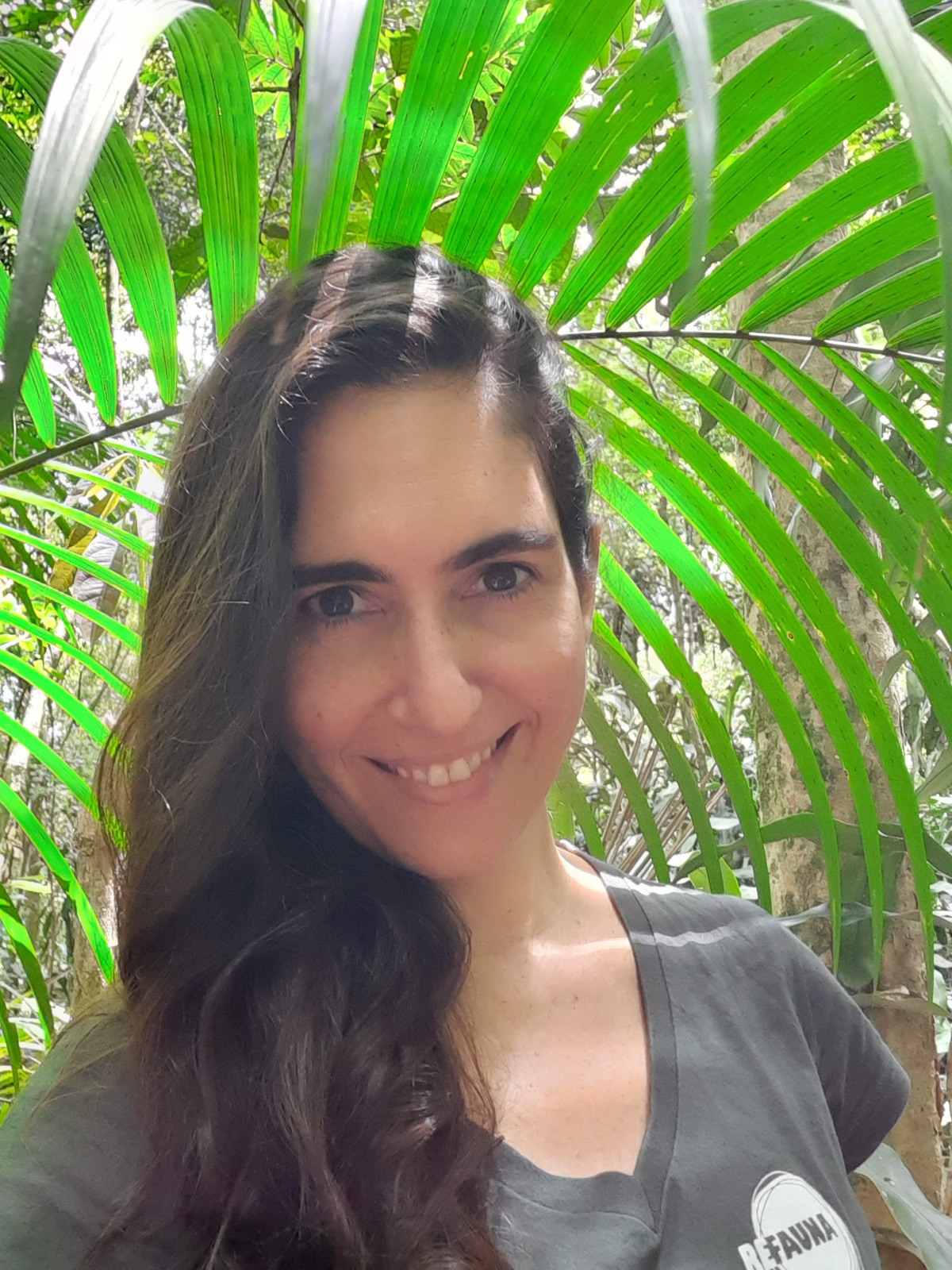 |
ALEXANDRA PIRES (Federal Rural University of Rio de Janeiro) |
|
Alexandra Pires is an associate professor in the Department of Environmental and Forestry Sciences at the Federal Rural University of Rio de Janeiro, Brazil. Her research interests are related to the impacts of anthropogenic disturbances on tropical plants and their interactions with animals, especially seed dispersal and predation. More recently, it has focused on restoring ecological processes through rewilding. Palm trees, mammals and dung beetles are among its main study groups. https://scholar.google.com/citations?hl=en&user=tBa5zE8AAAAJ |
|
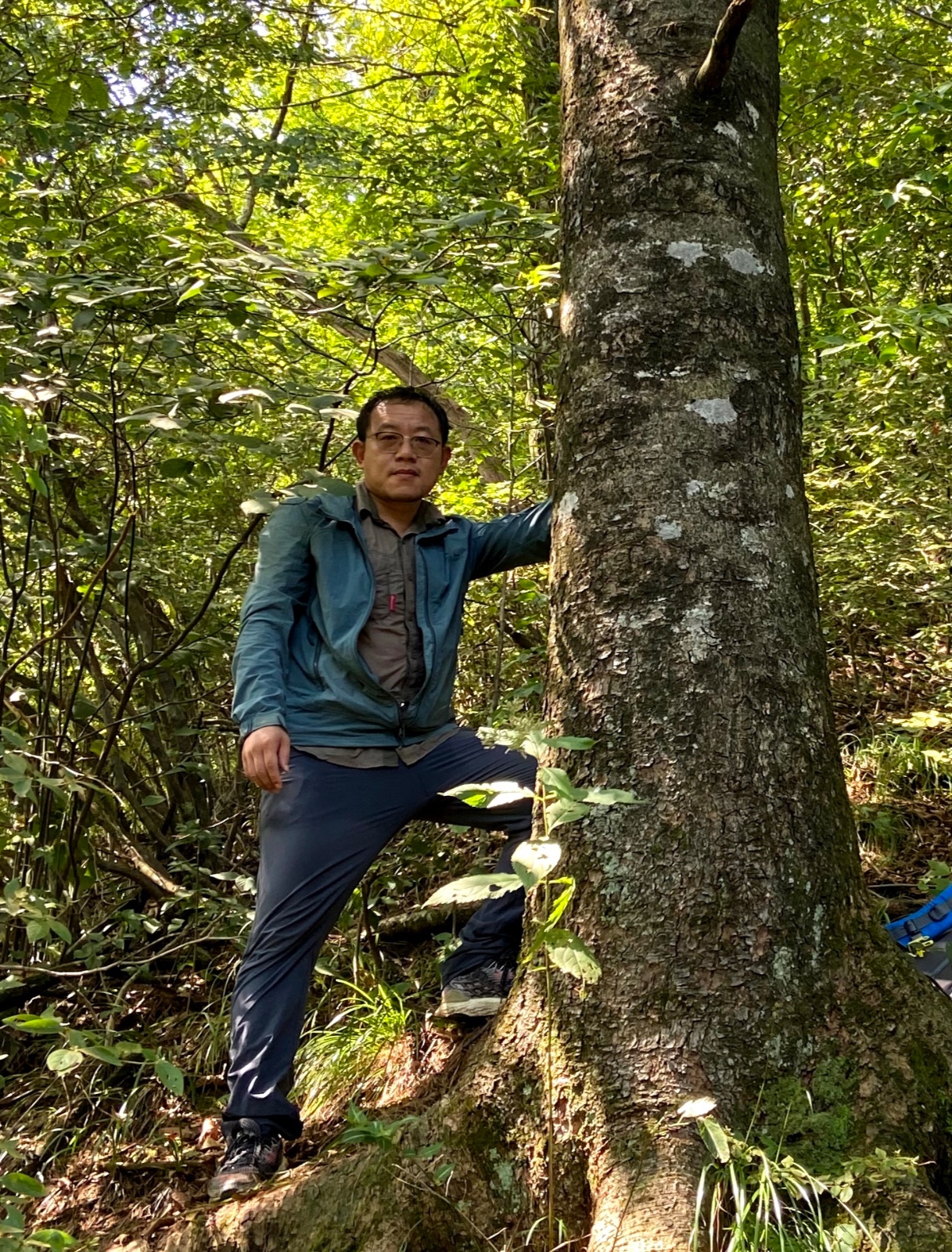 |
BO WANG (Anhui University, China) |
|
Bo Wang is a full professor at Anhui University, China. His research focuses on 1) plant-animal interaction, especially seed dispersal and predation by scatter-hoarding rodents; and 2) ecological and evolutionary patterns of seed/fruit traits, such as fruit type, physical and chemical defenses in plant seeds. |
|
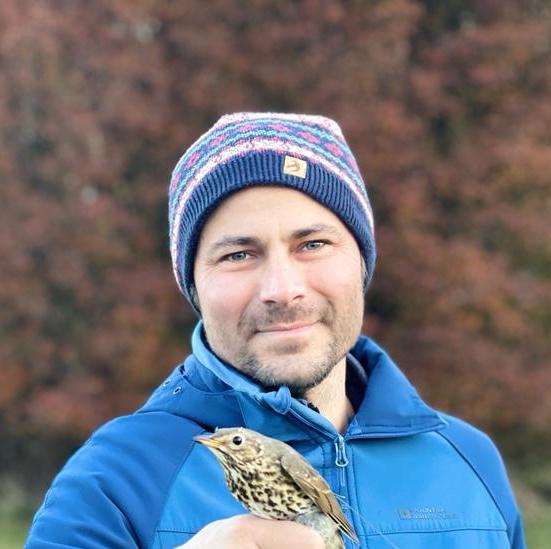 |
JUAN P. GONZÁLEZ-VARO (University of Cádiz) |
|
Juanpe González-Varo is a researcher in the Department of Biology at the University of Cádiz (Spain). His research addresses the effects of anthropogenic landscape changes on ecological processes mediated by plant-animal interactions. He mainly focuses on endozoochory by frugivorous animals under global change scenarios, aiming to understand plant dispersal across habitat boundaries and the capacity of plant communities to track ongoing climate change. He combines observational and experimental fieldwork, GPS-based animal tracking, spatial analysis and molecular tools. |
|
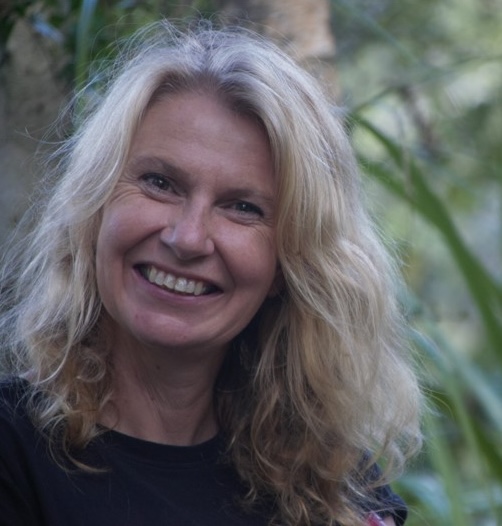 |
KIM MCCONKEY (BIOTECH, Thailand) |
|
Kim McConkey is a researcher currently affiliated with BIOTEC, Thailand. Her research focuses on the ecology and conservation of mammal-plant interactions in tropical Asia and the Pacific. In particular, she studies frugivory, seed dispersal and seed predation to understand inter and intraspecific variation in these processes within communities. An enduring interest in how these relationships might change across space has driven her involvement in studies across several countries. https://scholar.google.com/citations?hl=en&user=Aw89-YwAAAAJ |
|
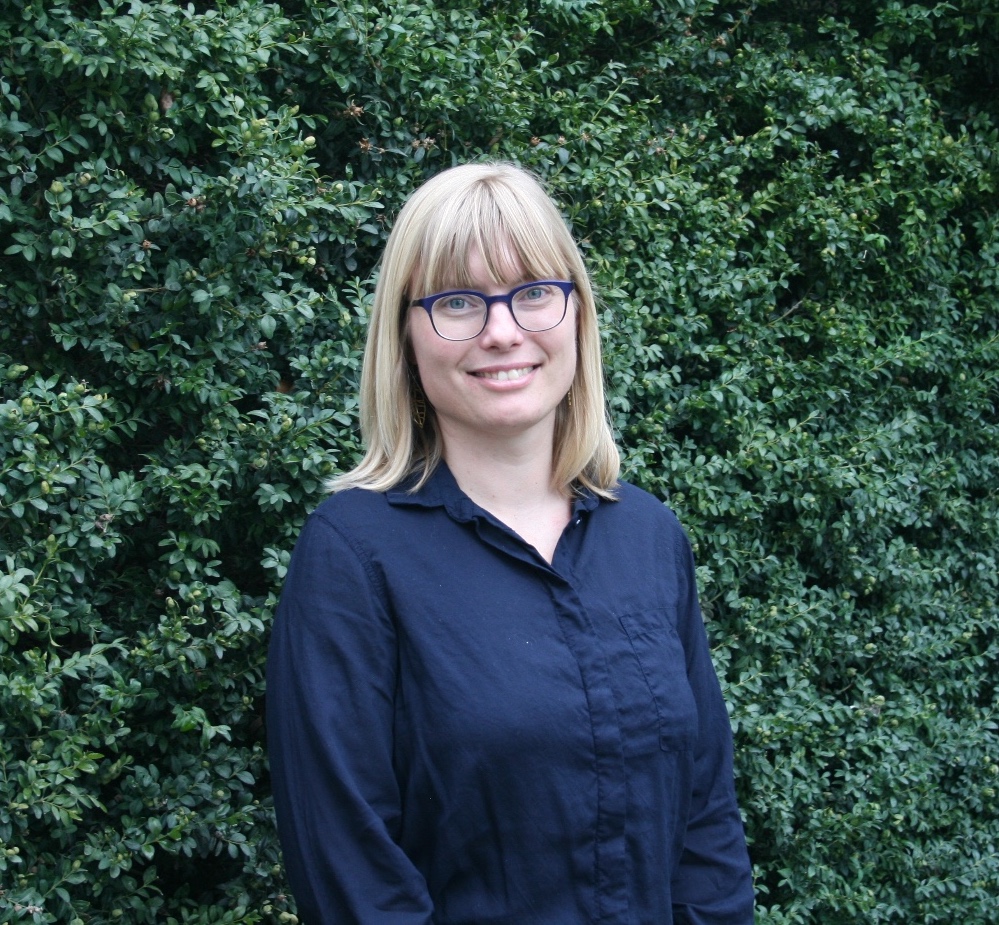 |
NOELLE BECKMAN (Utah State University) |
|
Noelle Beckman is an Associate Professor in the Department of Biology and Ecology Center at Utah State University. The focus of her research is seed dispersal and seedscape ecology. She integrates empirical and quantitative approaches to understand mechanisms underlying variation in plant movement, growth, and survival, specifically during the seed and seedling stage, and consequences for plant performance, populations, diversity, and ecosystem functions. Many of these ecological processes are disrupted by global change, and she examines the ecological consequences of these disruptions. scholar.google.com/citations?hl=en&user=4g-VV-gAAAAJ
|
|
.jpeg) |
ONJA RAZAFINDRATSIMA (University Of California Berkeley) |
|
Onja Razafindratsima is an Assistant Professor in the Department of Integrative Biology at the University of California Berkeley. Her research interests span a wide range of topics in community ecology, species interactions, biological diversity, and disturbance impacts, with much focus on lemur and tree communities in Madagascar's tropical forests. |
|
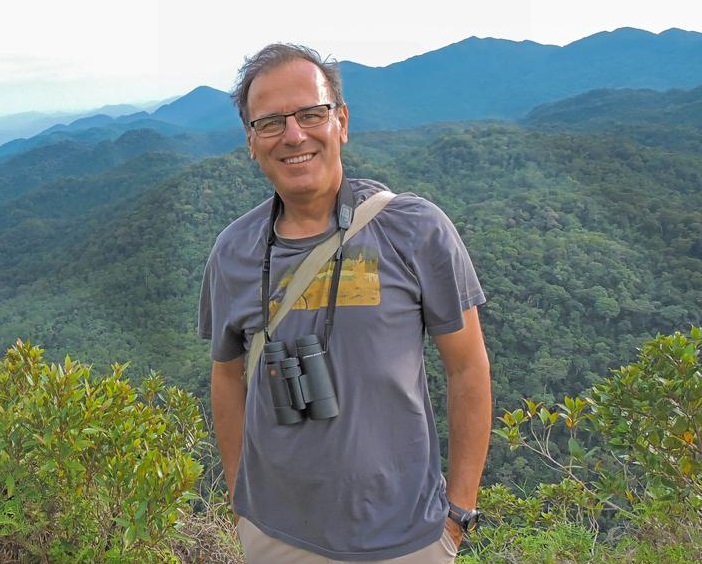 |
PEDRO JORDANO (Spanish Council for Scientific Research (CSIC)) |
|
Pedro Jordano is a Research Professor at the Spanish Council for Scientific Research (CSIC), Doñana Biological Station (Sevilla), and an Associate Professor at the Department of Plant Biology and Ecology of the University of Sevilla. His research focuses on the study of biological diversity (biodiversity), together from ecological and evolutionary perspectives. He studies the process of coevolution between species in various types of ecological interactions: mutualism, symbiosis, parasitism, pathogens, mycorrhizae, etc., through complex network models and their application to nature conservation problems. He uses methods of experimental field ecology, molecular genetics and statistical models. |
|
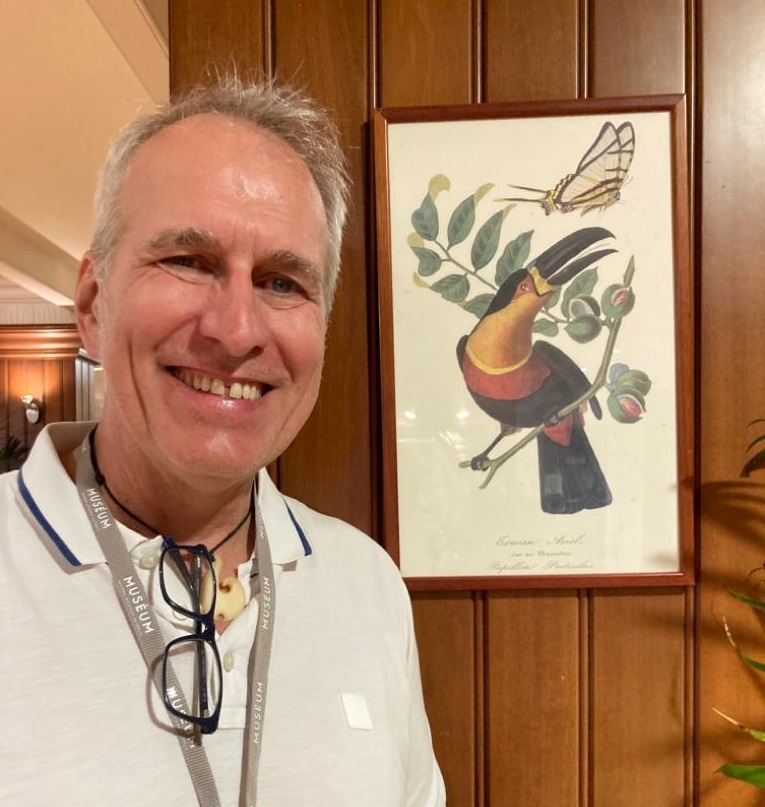 |
PIERRE-MICHEL FORGET (Muséum National d’Histoire Naturelle, UMR MECADEV MNHN-CNRS) |
|
Pierre-Michel Forget is a researcher at the Museum National d’Histoire Naturalle, Paris France. Area of expertise is the animal-plant interactions and forest dynamics, especially seed dispersal and predation, and seedling recruitment in tropical rainforests. His research focus is to monitor and evaluate how anthropogenic pressures affect the diversity of the wildlife community, henceforth fruit removal and seed fate and tree recruitment in Guiana. |
